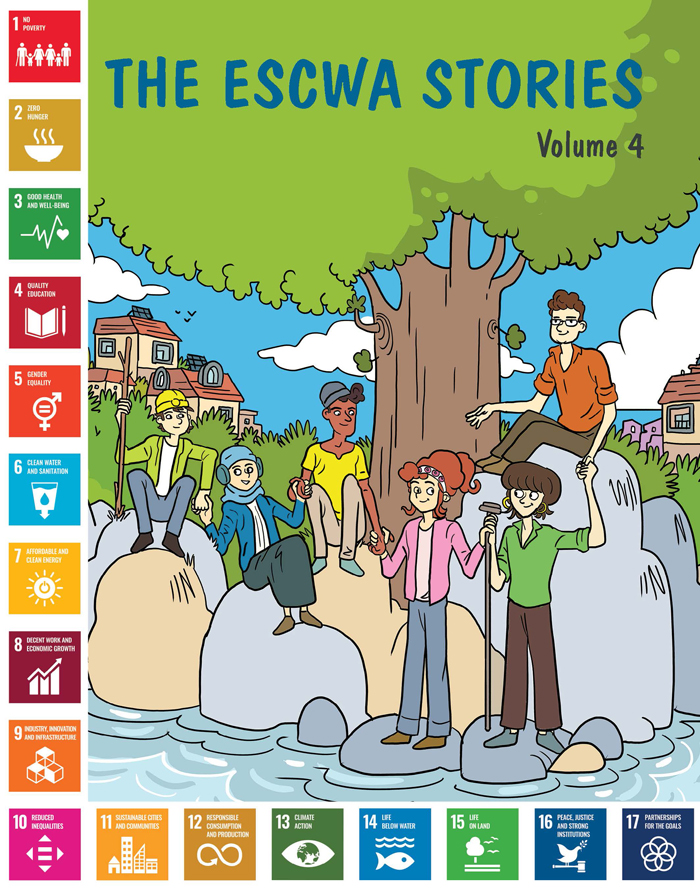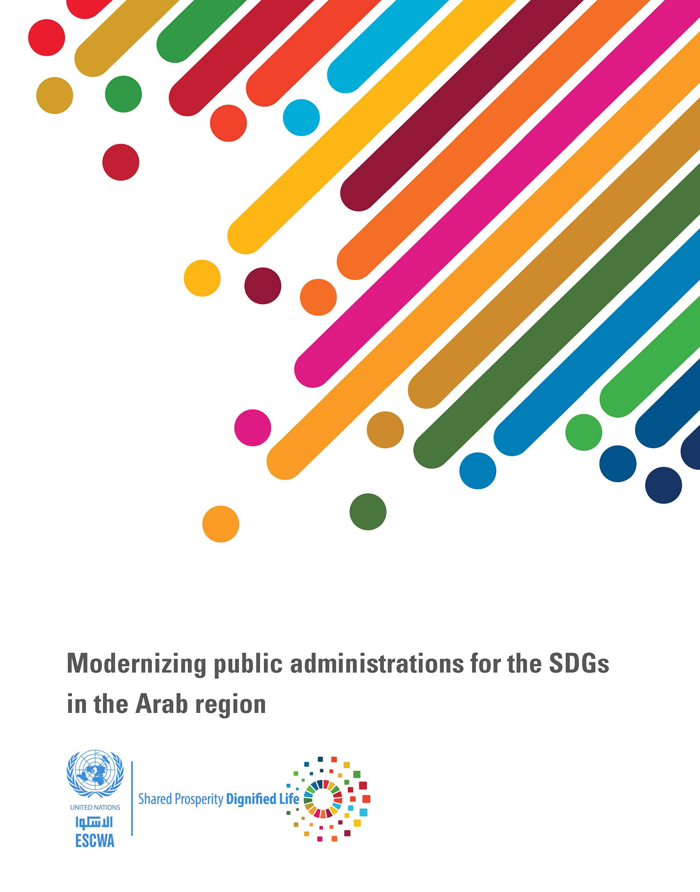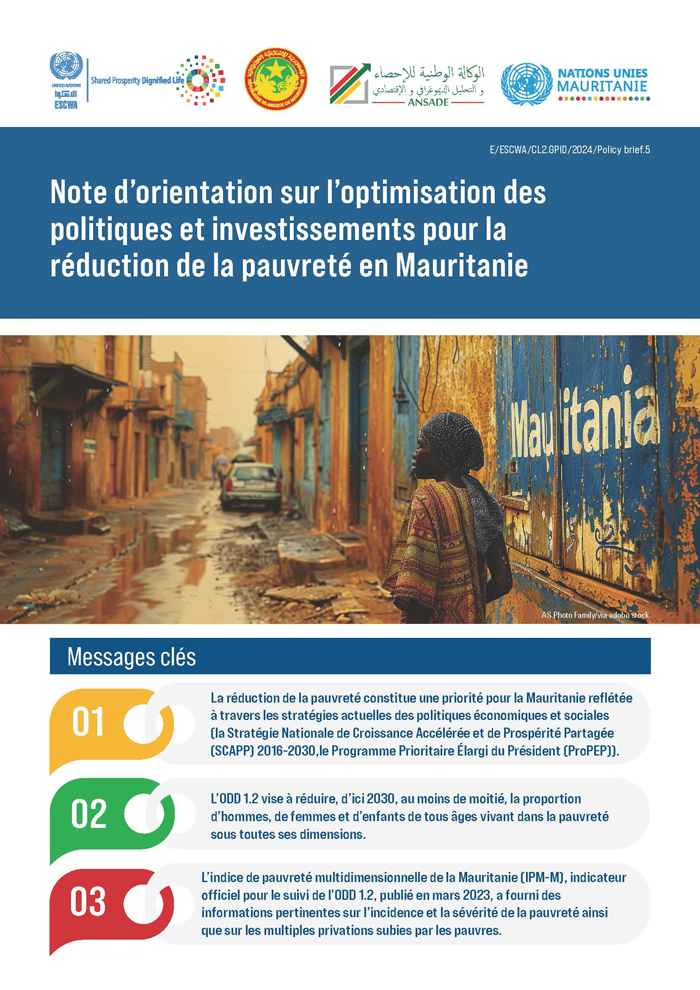
ESCWA Publication: E/ESCWA/CL6.GCP/2024/Policy brief.1
Country: Lebanese Republic
Publication Type: Policy briefs
Cluster: Governance and Conflict Prevention
Focus Area: Governance & enabling environment, Population dynamics & migration, Resilient development & conflict prevention
Initiatives: Governance and institution building, Support to the Palestinian people, Strengthening transboundary risk mitigation, Development challenges
SDGs: Goal 2: Zero Hunger, Goal 3: Good Health and Well-Being, Goal 16: Peace, Justice and Strong Institutions
Keywords: Aerial bombings, Agriculture, Damages, Displaced persons, Economic crisis, Education, Electric power, Employment, Environmental damage, Food security, Health services, Humanitarian assistance, Income distribution, Lebanon, Poverty, Recommendations, Recovery, Social aspects, Social protection, Social safety nets, Tourism, War crimes, War victims, Israel
The multidimensional impact of Israeli attacks on Lebanon
September 2024
Israeli attacks continue to have a significant impact on various aspects of living conditions in Lebanon.
The effects of Israeli attacks go beyond the immediate human and physical impact of fatalities, injuries, forced displacements, building and infrastructure damages. The attacks also have a significant socioeconomic impact, including on sectors such as tourism and agriculture. The proportion of the population living in poverty is expected to rise to 94 per cent in the Nabatiyeh Governate, and to 87 per cent in the South Lebanon Governate. The attacks also have serious ramifications for the environment. White phosphorus and incendiary bombs, which Israel has used frequently in the conflict, are particularly hazardous to health. Ongoing shortages of public funds, combined with insufficient levels of international aid and the deterioration of the rule of law and government effectiveness, will severely undermine state institutions’ capacities to address the compounding challenges resulting from the current war. There is therefore a need for evidence-based, holistic and coordinated recovery and reconstruction planning.
Related content
Governance & enabling environment
, Population dynamics & migration
, Resilient development & conflict prevention
,
Israeli attacks continue to have a significant impact on various aspects of living conditions in Lebanon.
The effects of Israeli attacks go beyond the immediate human and physical impact of fatalities, injuries, forced displacements, building and infrastructure damages. The attacks also have a significant socioeconomic impact, including on sectors such as tourism and agriculture. The proportion of the population living in poverty is expected to rise to 94 per cent in the Nabatiyeh Governate, and to 87 per cent in the South Lebanon Governate. The attacks also have serious ramifications for the environment. White phosphorus and incendiary bombs, which Israel has used frequently in the conflict, are particularly hazardous to health. Ongoing shortages of public funds, combined with insufficient levels of international aid and the deterioration of the rule of law and government effectiveness, will severely undermine state institutions’ capacities to address the compounding challenges resulting from the current war. There is therefore a need for evidence-based, holistic and coordinated recovery and reconstruction planning.



